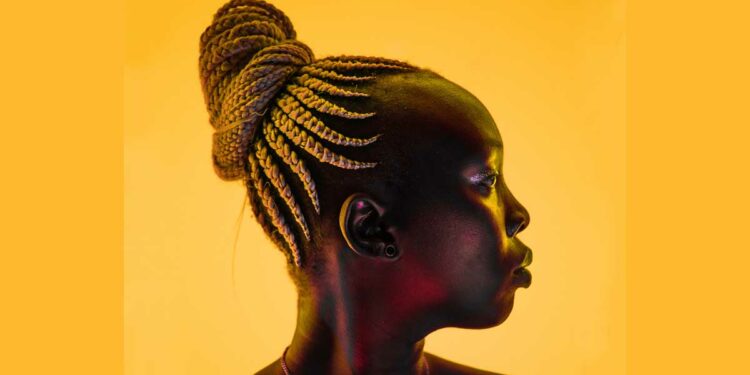Fifty kilometres from the waters of the Colombian Caribbean, in the square of a village isolated among hills, an expressive sculpture honours the memory of an exceptional hero.Benkos Biohó is described as a “spirited, brave and daring” man who in late 1599 commanded “an uprising and retreat of certain black maroons”, according to the Spanish chronicler Fray Pedro Simón.
Read More:Malawi State-of-Disaster Declared After Cyclone’s Deadly Return
The very word ‘cimarrón’ tells part of this story. The word evokes centuries of the cruel exploitation of millions of Africans who were torn from their homes and taken to the other side of the world to be sold and treated as objects in the service of their masters.But it also speaks of bold rebellions. Benkos Biohó – along with his Wiwa wife, his children and some 30 men and women – staged one such uprising when he escaped from Cartagena de Indias and defeated the squad of guards sent to catch them.
In their flight, they did not stop until they reached that place among the Montes de María which in 1714, after more than a century of struggle, was legalised with the name San Basilio de Palenque, by royal decree, in whose square the monument now stands.
“The palenque of San Basilio was neither the first nor the only one, but it is the best known for its libertarian strategy and because it was commanded by King Biohó, and finally because it became the first free town in America,” Emilia Eneyda Valencia Murrain, founder of the Association of Afro-Colombian Women (Amafrocol), explained to BBC Mundo.
While other palenques faded over time, San Basilio preserved an important part of its ancestral legacy, much of it through oral tradition, a tradition that reminds us that Benkos Biohó was not alone in his exploits.
And that without the help of his wife and other women it would have been much more difficult to guide him to triumph. It was their minds that recorded useful data and their cunning that created a coding system to show the enslaved the paths to freedom without their subjugators noticing.
Read More: Africa Finance Corporation Wins DFI of the Year at the IJGlobal Awards
Braids for chained men
To plan their escapes, the women would gather around the heads of the younger women, on which they would draw their maps.
“They designed them with braids, for example, a coiled braid indicated a mountain; those that were like snakes, winding, indicated that there was a water source – a stream or a river; a thick braid indicated that there was a detachment of soldiers on that stretch,” explains Valencia.
She had been told by Leocadia Mosquera, a teacher from the department of Chocó to whom her grandmother taught the secret of hairstyles.
She revealed to her that it was not just a matter of representing geographical features or alerting to the presence of guard posts: with their encrypted heads they had to communicate to everyone what the strategy was. The braids also indicated meeting points, marked with several rows of braids converging at the same place, each representing a possible path. At these points they would meet during the escape to find out how they were doing and to make decisions.
The last point was at the nape of the neck.
As Leocadia explained, if – for example – they were going to meet under a tree, they would finish off the braid vertically and upwards, so that it would be raised; if it was the bank of a river, they would flatten it in the direction of the ears.
Read More: FAAN shuts Lagos Airport runway for eight weeks
In addition, there were sometimes braids of different lengths along the same paths, which told different groups how far to go, as the strongest had to keep the rear guard. All this information and more was passed through the towns and countryside of colonial Colombia to the eyes of all but the understanding of only a few.









